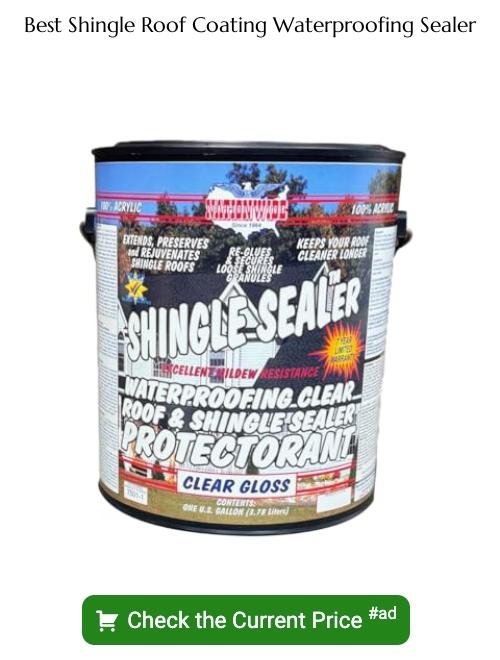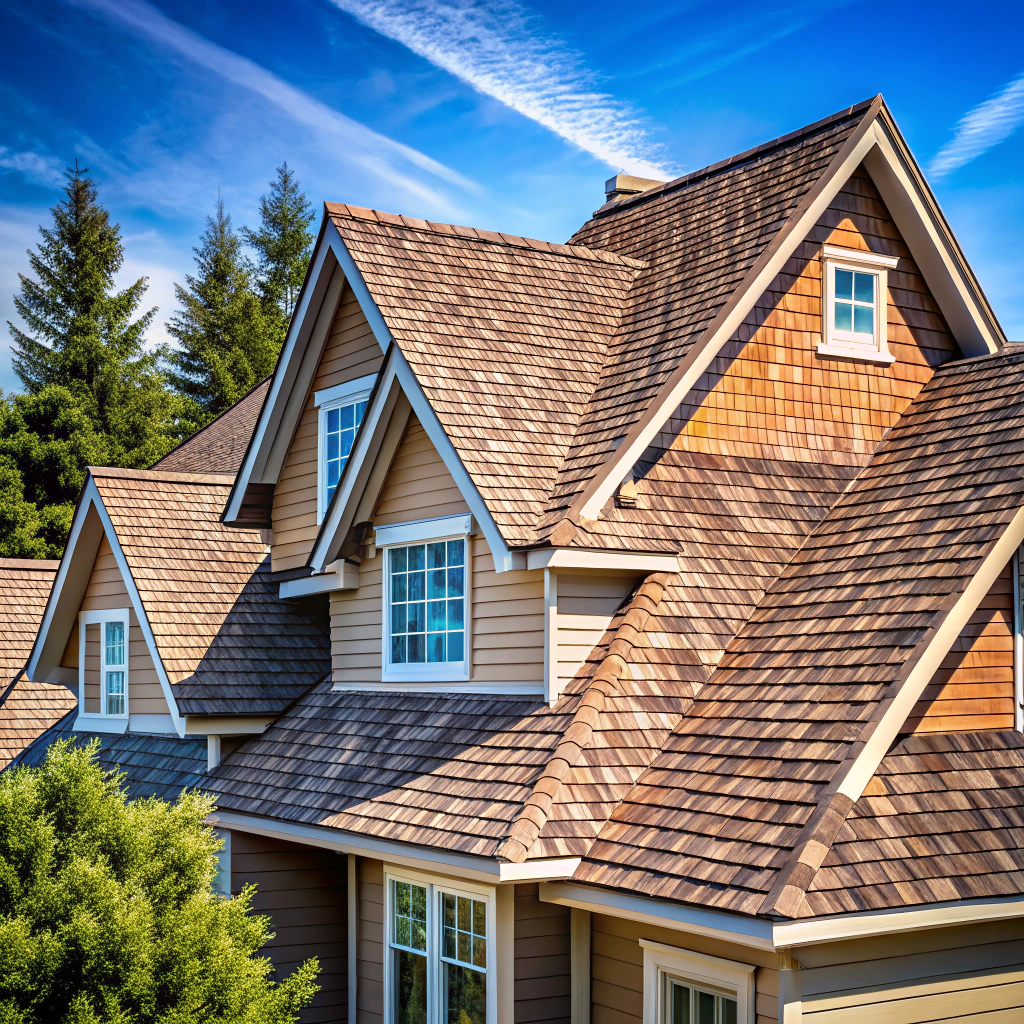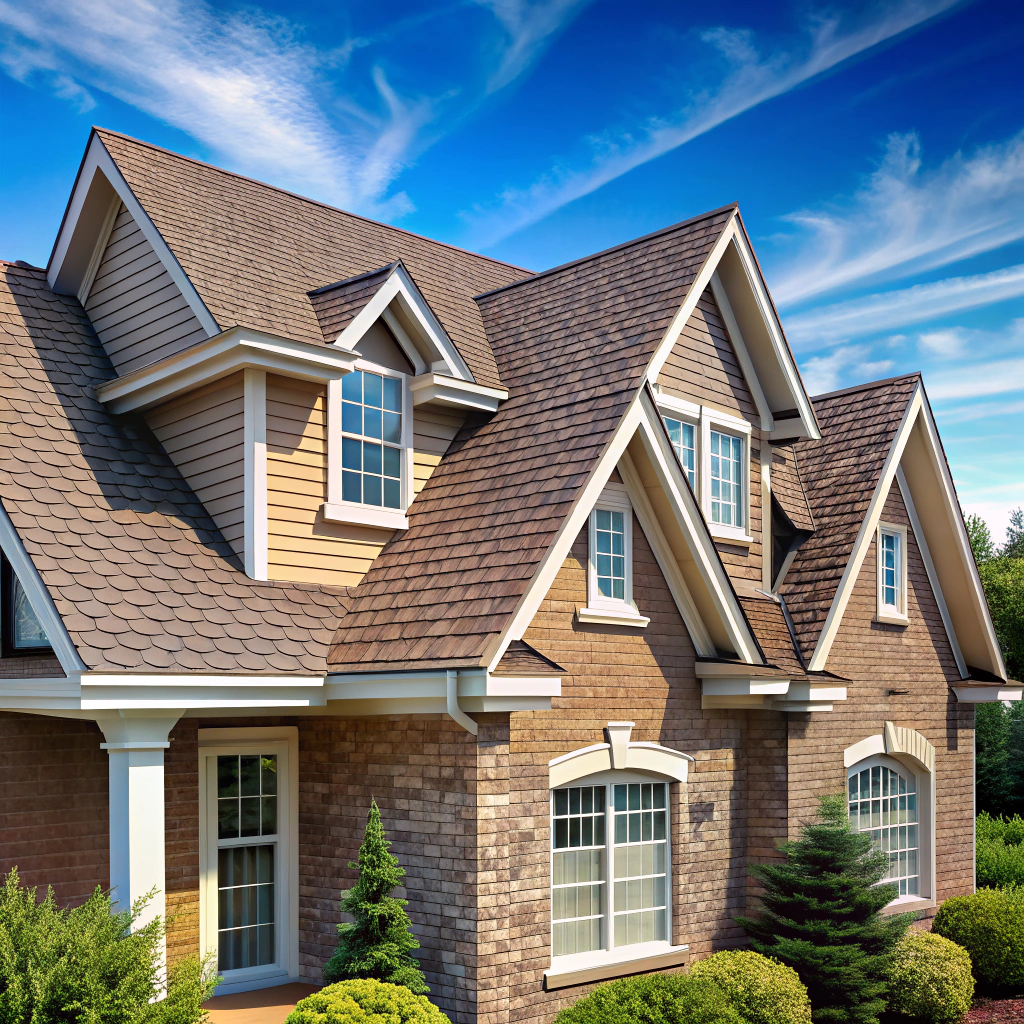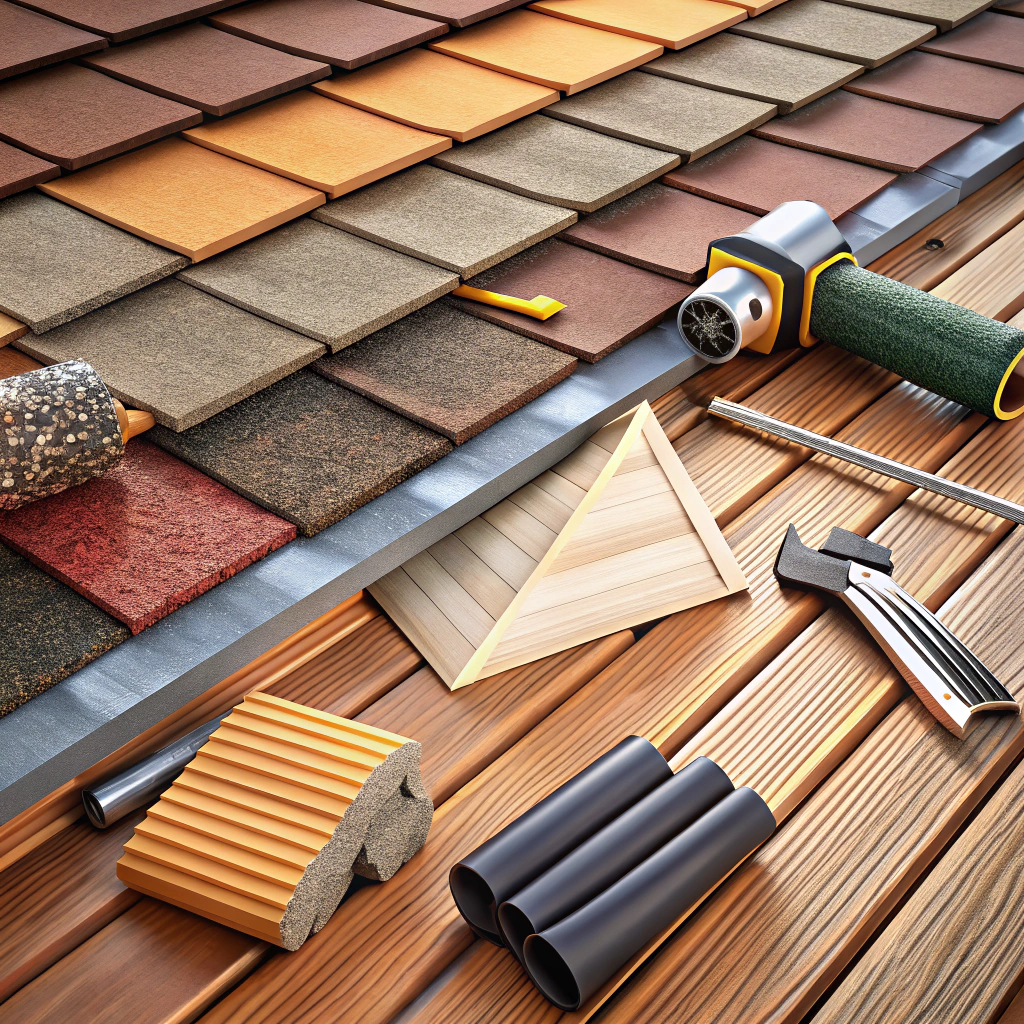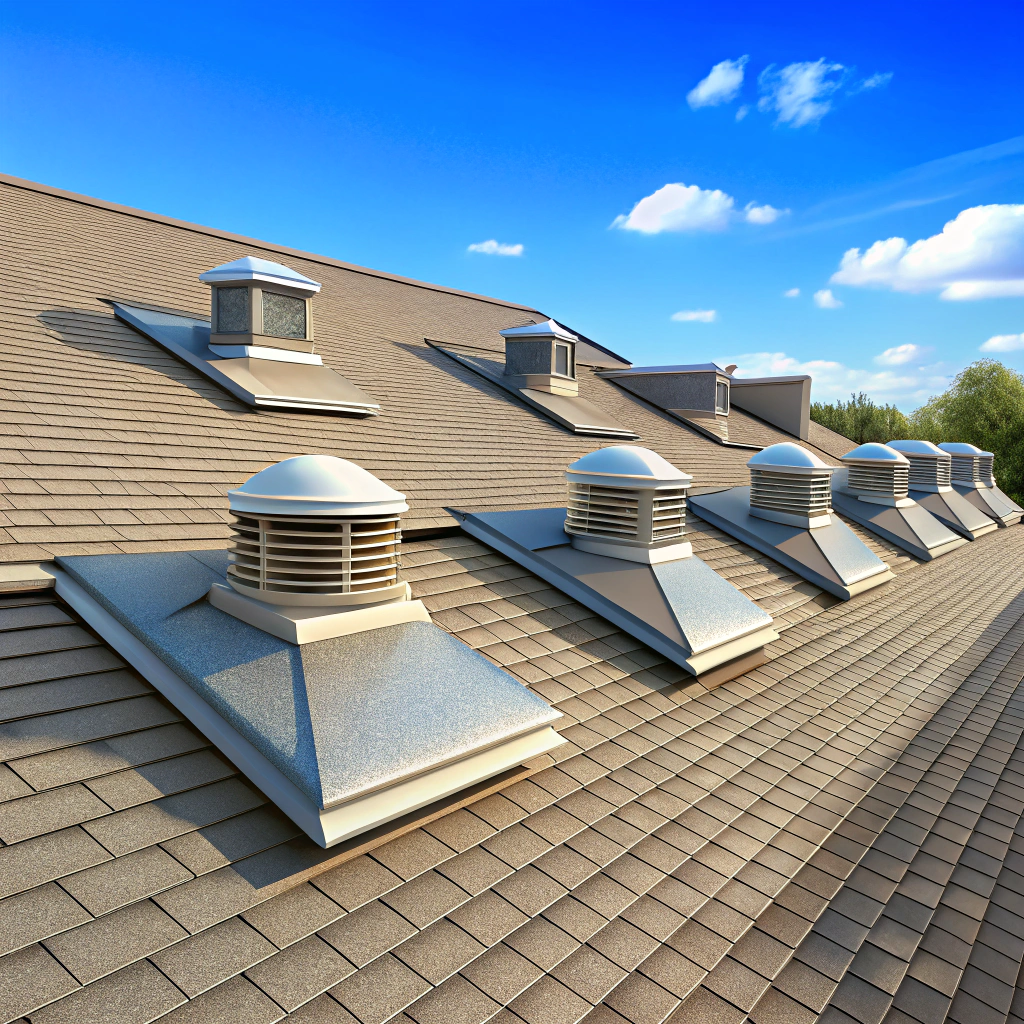Last updated on
This article provides comprehensive insights into the top-quality roof coating options for shingles to extend their longevity and enhance your roof’s performance.
Key takeaways:
- Asphalt-based sealants offer waterproofing and flexibility for shingles.
- Acrylic sealants provide UV resistance and reflectivity for cooler surfaces.
- Silicone sealants withstand ponding water, ideal for flatter roofs.
- Polyurethane sealants provide durability and resistance to impact and foot traffic.
- Rubberized roof coatings ensure no water seeps beneath shingles.
Types of Roof Sealants
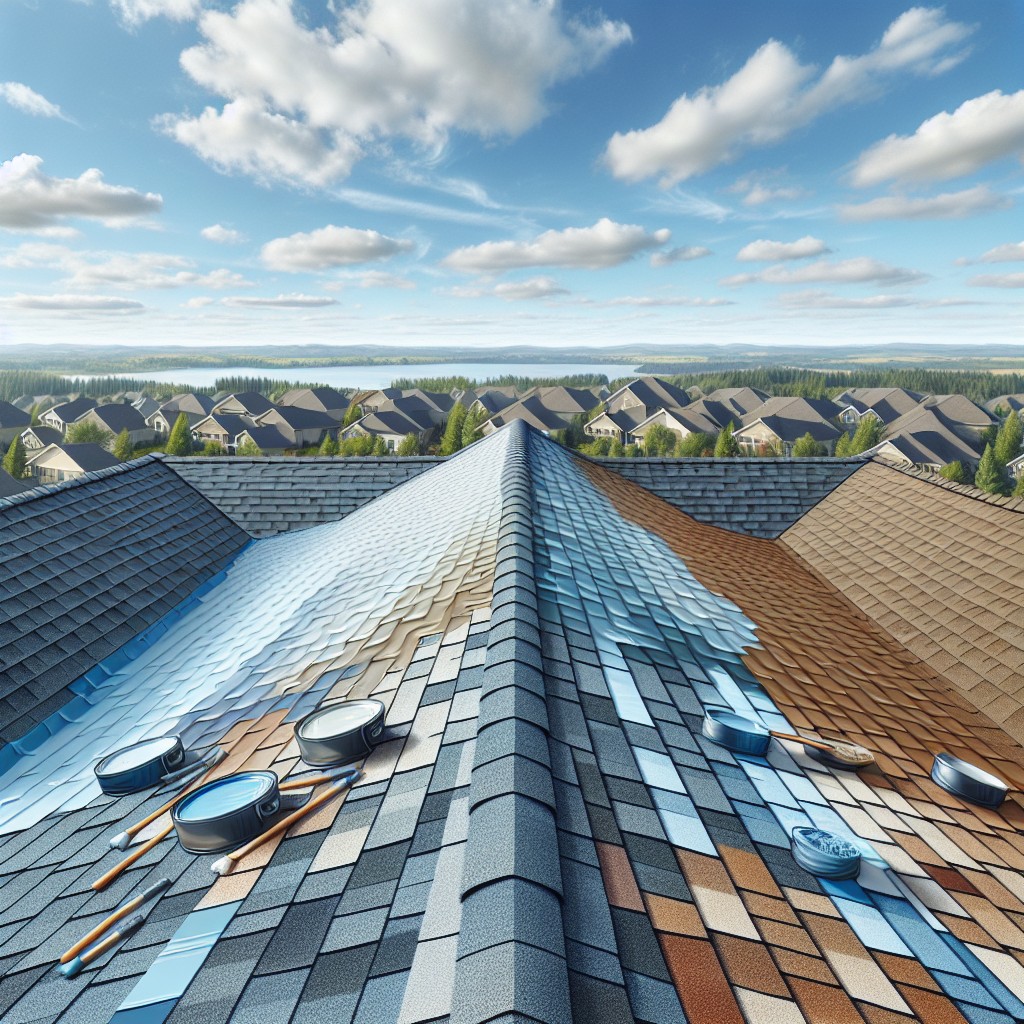
Asphalt-based sealants are a traditional choice, offering waterproofing and flexibility, which are particularly beneficial for areas that experience temperature fluctuations.
Acrylic sealants, known for their UV resistance and reflectivity, contribute to cooler roof surfaces and potential energy savings, especially in sunny climates.
Silicone sealants stand out in their ability to withstand ponding water, making them suitable for flatter roofs where water might accumulate.
Polyurethane sealants provide a durable option, with high resistance to impact and foot traffic, favored for roofs that require regular maintenance or support equipment.
On the eco-friendlier side, solvent-based sealants often contain fewer volatile organic compounds (VOCs), though they might not be as robust as other options in terms of longevity and performance.
Rubberized roof coatings are designed for elasticity and are ideal for bridging cracks and crevices, ensuring no water seeps beneath the shingles.
Reflective roof coatings not only protect the roof but also increase its ability to reflect sunlight, which can help reduce cooling costs and prolong the life of the roof by minimizing heat-related wear.
What to Look for in a Roof Sealant
When selecting a roof sealant for shingle roofs, several key qualities should govern your decision.
Adhesion: Choose a product that promises strong adhesion to asphalt shingles to ensure a long-lasting protective layer.
Flexibility: A good sealant accommodates temperature fluctuations without cracking by being flexible when cured.
UV Resistance: Look for UV blockers or reflective pigments to protect against sun damage, which can extend the life of the shingles.
Water Resistance: The sealant should offer a waterproof barrier to prevent leaks and protect against rain, snow, and ice.
Breathability: Opt for a breathable formula that allows moisture to escape from the attic while preventing water ingress.
Ease of Application: Consider how the product is applied, preferring those that can be applied with minimal effort and do not require professional equipment.
Curing Time: Pay attention to the curing time; a faster cure can be more convenient but should not compromise the quality of the seal.
Lifespan and Warranty: Check the expected lifespan of the coating and whether it comes with a manufacturer’s warranty, indicating the confidence in its performance.
Eco-Friendliness: Eco-conscious homeowners should look for low-VOC (Volatile Organic Compounds) products that minimize environmental impact.
By prioritizing these features, you can ensure the selected roof sealant provides durable protection and delivers the maximum benefits for your shingle roof.
Best Roof Sealants for Asphalt Shingle Roofs
Acrylic Sealants offer a balance between cost-effectiveness and performance, often chosen for their durability and UV resistance. They can extend the life of asphalt shingles by providing a protective barrier against the elements.
Silicone Coatings are known for superior weatherproofing and flexibility, which is particularly beneficial for roofs that experience extreme temperature fluctuations or heavy rainfall.
Polyurethane Sealants are typically used for flat or low-slope roofs but can be applied to shingle roofs for enhanced impact resistance, making them an excellent option for areas prone to hail or heavy foot traffic.
Rubberized Asphalt Coatings combine the waterproofing benefits of asphalt with the elasticity of rubber, providing a seal that conforms to the natural expansion and contraction of the roof.
When selecting a sealant, consider factors like climate conditions, roof slope, and existing roof condition. Proper application is critical, typically involving thorough cleaning, possible priming of the surface, and following the manufacturer’s instructions regarding application method and curing time. Regular maintenance and inspections will ensure the coating continues to protect the shingle roof effectively.
Armor Shingle Roof Coating
Armor Shingle Roof Coating is designed specifically for preserving asphalt shingles. This acrylic-based product extends roof life by forming a protective shield that repels water and UV damage. Its reflective technology also contributes to reducing attic temperatures, thus potentially lowering cooling costs in the summer.
Application is straightforward with a paint roller or sprayer, and it typically requires only one coat, saving time and labor expenses. Maintenance involves periodic inspections and cleanings to ensure the coating’s integrity over time.
Additionally, Armor Shingle Roof Coating is environmentally friendly, with low volatile organic compound (VOC) emissions, making it a conscientious choice for homeowners mindful of their environmental impact.
FAQ
Can you put roof coating over shingles?
While it’s technically possible, it’s strongly recommended not to put roof coating over shingles because it can degrade the shingle, cause ventilation and airflow problems, and lead to moisture build-up.
What can I spray on shingles to make them last longer?
To ensure longevity of shingles, apply a roof coating paint sealer using a paint brush, roller, or sprayer.
Does elastomeric roof coating work on shingles?
Yes, elastomeric roof coating can effectively work on shingles to protect them from leaks and extend their lifespan.
Do shingle sealers work?
Shingle sealers, while not substantially increasing roof longevity, may provide a temporary solution for extending the lifespan of an aging roof by an extra year or two.
How does weather impact the effectiveness of roof coatings on shingles?
Weather conditions such as hot temperatures, UV rays, rain, and snow can reduce the effectiveness of roof coatings on shingles by causing them to degrade or peel off prematurely.
What are the pros and cons of silicone roof coatings for shingles?
Silicone roof coatings for shingles have pros like excellent resistance to weather and UV rays, and longevity, but cons such as high cost and potential for attracting dust and dirt.
Can cool roof coatings improve the energy efficiency of shingle roofs?
Yes, cool roof coatings can improve the energy efficiency of shingle roofs by reflecting more sunlight and absorbing less heat.
